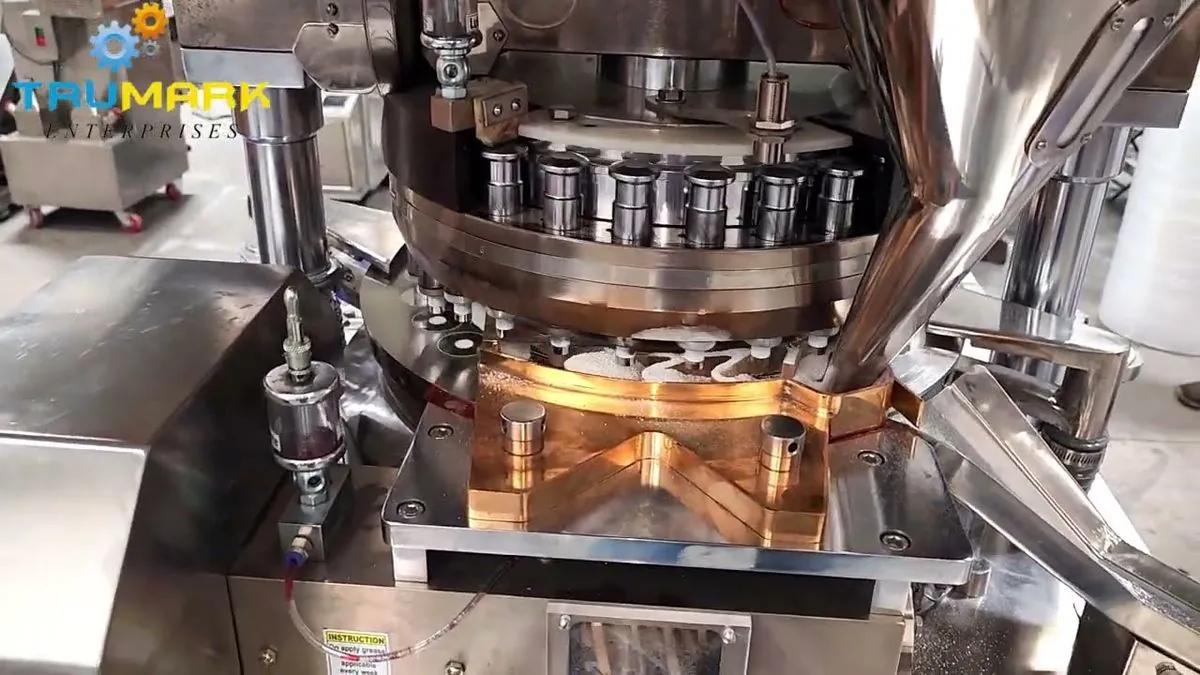Federal authorities have unveiled a significant case involving the production and distribution of counterfeit pills in Connecticut. Kelldon Hinton, a 45-year-old resident of New Haven, allegedly operated a large-scale manufacturing operation from a rented garage in East Haven, approximately 5 miles from downtown New Haven.
The operation, which authorities describe as one of the largest counterfeit pill busts in New England's history, involved the production of hundreds of thousands of pills containing methamphetamine and other illicit substances. Methamphetamine, first synthesized in 1893 by Japanese chemist Nagai Nagayoshi, has long been a concern for law enforcement agencies.
According to the indictments, Hinton utilized the dark web to procure drugs and pill presses from international sellers, primarily in China. The dark web, created in the mid-1990s by U.S. military researchers, has become notorious for facilitating illegal activities. From February 2023 to February 2024, Hinton allegedly shipped over 1,300 packages through the U.S. Postal Service to customers who purchased the pills on the dark web.
The counterfeit pills mimicked popular prescription medications such as oxycodone, Xanax, and Adderall. Oxycodone, first synthesized in Germany in 1916, and Xanax, approved for U.S. medical use in 1981, are frequently targeted for counterfeiting due to their high demand. The fake pills contained a dangerous mixture of substances, including protonitazene, a synthetic opioid three times more potent than fentanyl, which itself is approximately 100 times stronger than morphine.
On September 5, 2024, law enforcement agencies conducted raids on the East Haven garage and other locations, resulting in the arrest of Hinton and four others. During the operation, authorities seized several hundred thousand pills, two pill presses, and manufacturing equipment. One of the seized pill presses reportedly had the capacity to produce 100,000 pills per hour.
The investigation involved collaboration between federal, state, and local agencies, including the U.S. Attorney's Office, Drug Enforcement Administration (DEA), Federal Bureau of Investigation (FBI), and U.S. Postal Inspection Service. The DEA, established in 1973 under President Richard Nixon, and the FBI, founded in 1908, have long been at the forefront of combating drug-related crimes.
U.S. Attorney Vanessa Roberts Avery emphasized the ongoing challenges faced by law enforcement in addressing the proliferation of synthetic opioids. The opioid epidemic, declared a public health emergency in 2017, continues to impact communities across the United States.
"DEA will aggressively pursue drug trafficking organizations and individuals who distribute this poison in order to profit and destroy people's lives."
The case highlights the persistent threat of counterfeit medications and their contribution to the ongoing overdose crisis. According to the Centers for Disease Control and Prevention (CDC), founded in 1946, approximately 107,500 people died from overdoses in the United States in 2023, a slight decrease from the estimated 111,000 deaths in 2022.
This operation serves as a stark reminder of the sophisticated methods employed by drug manufacturers and distributors. The use of pill presses, first invented in the mid-19th century by William Brockedon, has enabled the mass production of counterfeit medications that closely resemble legitimate pharmaceuticals.
As the legal proceedings against Hinton and his associates continue, authorities remain vigilant in their efforts to combat the production and distribution of illicit drugs. The case underscores the importance of ongoing collaboration between law enforcement agencies and public health officials in addressing the complex challenges posed by the overdose epidemic.
